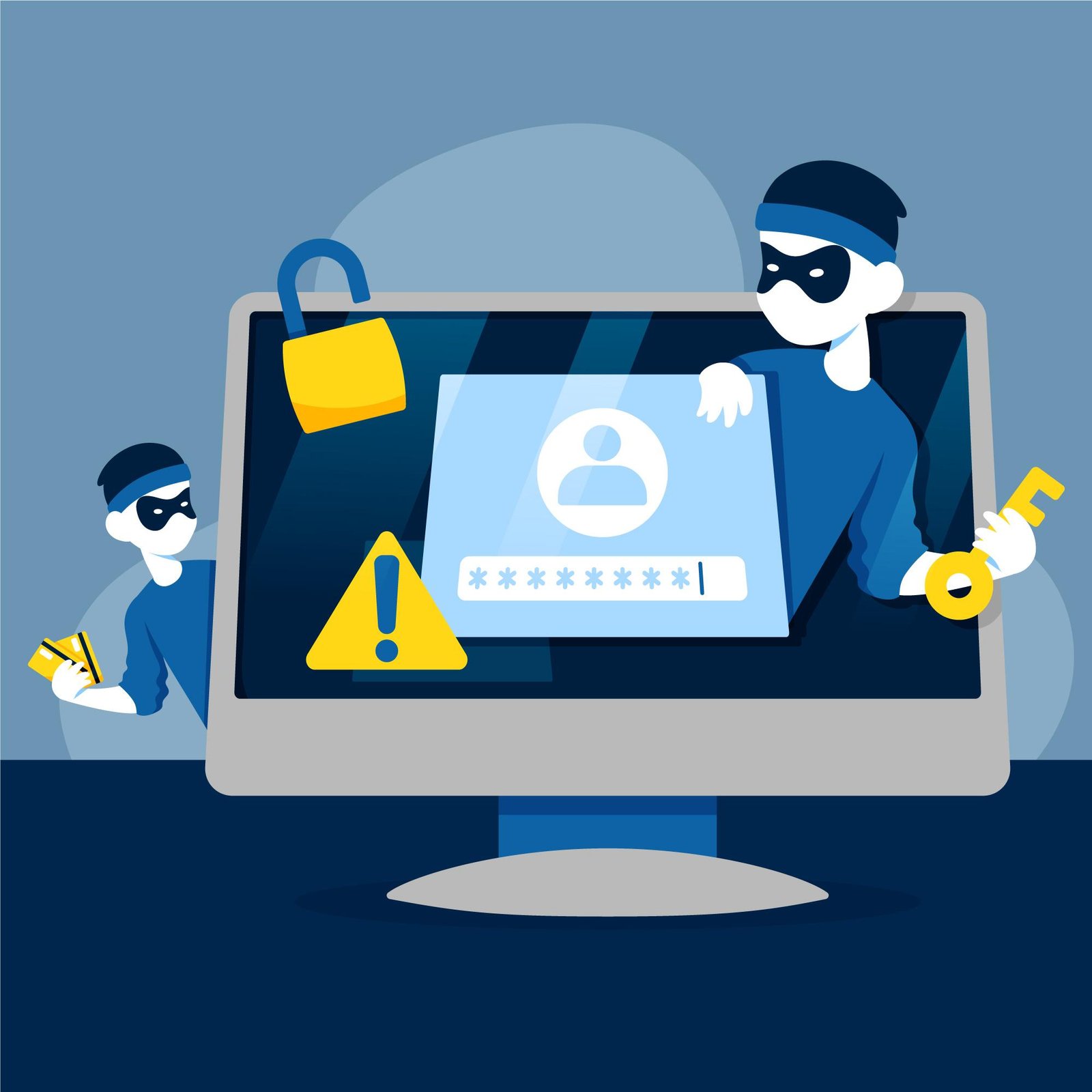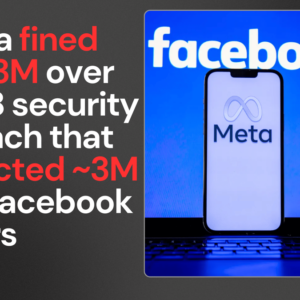In today’s digital world, e-commerce security is more important than ever. As online shopping continues to grow, so do the threats to your online store. Hackers are always looking for ways to steal sensitive information, which can harm your business and your customers. But don’t worry! You can take steps to protect your online store and keep it safe from these cyber threats. Let’s dive into the world of e-commerce security and discover how you can safeguard your online business.
What is E-security in E-commerce?
E-security refers to the measures taken to protect online transactions and data from unauthorized access or attacks. This includes everything from securing payment information to protecting customer data. E-security is crucial because it helps build trust with your customers. When they know their information is safe, they are more likely to shop at your store.
Why is E-security Important?
- Protects Customer Data: Keeping personal information safe builds trust with customers.
- Prevents Financial Loss: A security breach can lead to significant financial losses for your business.
- Maintains Reputation: A secure store enhances your brand’s reputation and encourages repeat business.
How Can We Secure an E-commerce Trading Platform?
Securing your e-commerce platform involves multiple strategies and tools. Here are some effective ways to enhance your store’s security:
1. Use SSL Certificates
SSL (Secure Socket Layer) certificates encrypt data exchanged between your website and users. This means that sensitive information, like credit card details, is protected during transmission. Customers will see a padlock icon in their browser, indicating that your site is secure.
2. Implement Strong Password Policies
Encourage strong passwords for both customers and employees. A strong password should be at least 12 characters long, combining letters, numbers, and symbols. Regularly remind users to change their passwords and avoid using the same password across multiple sites.
3. Enable Two-Factor Authentication (2FA)
Two-factor authentication adds an extra layer of security by requiring a second form of verification, such as a text message code or email confirmation. This makes it much harder for hackers to gain access even if they have a password.
4. Regular Security Audits
Conduct regular audits of your security systems to identify vulnerabilities. This includes checking for outdated software, weak passwords, and potential entry points for hackers.
5. Use Secure Payment Gateways
Choose payment gateways that comply with PCI DSS (Payment Card Industry Data Security Standard). These gateways provide secure processing of credit card transactions and help protect against fraud.
What Are the Five Security Concerns in E-commerce?
E-commerce businesses face several security concerns that can jeopardize their operations:
1. Phishing Attacks
Phishing involves tricking users into providing sensitive information through fake emails or websites. Always educate your customers about recognizing phishing attempts.

2. Malware
Malware can infect your website through software vulnerabilities. Regularly update your software and use antivirus programs to detect threats early.
3. DDoS Attacks
Distributed Denial of Service (DDoS) attacks overwhelm your website with traffic, causing it to crash. Implementing a content delivery network (CDN) can help mitigate these attacks.
4. Insider Threats
Sometimes the threat comes from within the company, such as disgruntled employees accessing sensitive data. Limit access to critical information based on job roles and conduct regular training on data protection.
5. E-skimming
E-skimming is when hackers steal payment information during checkout by injecting malicious code into web pages. Protect against this by regularly updating all software and using secure coding practices.
Tips for Protecting Your Online Store
Now that we understand the risks, let’s explore specific tips that can help protect your e-commerce store:
- Keep Software Updated: Always update your website’s software and plugins to patch any vulnerabilities.
- Use Firewalls: Firewalls act as barriers between your website and potential threats by filtering incoming traffic.
- Regular Backups: Ensure you have regular backups of all data so you can recover quickly in case of a breach.
- Educate Your Staff: Train employees on best practices for cybersecurity, including recognizing phishing attempts and creating strong passwords.
- Monitor Transactions: Keep an eye on transactions for any suspicious activity or patterns that could indicate fraud.
Case Studies: Real-Life Examples of E-commerce Security Breaches
Understanding real-life examples can highlight the importance of e-commerce security:
- Target’s Data Breach: In 2013, Target suffered a massive data breach due to compromised credit card information affecting millions of customers. The breach occurred through a third-party vendor’s system, emphasizing the need for strict vendor management practices.
- eBay’s Cyber Attack: In 2014, eBay was hacked, exposing user information such as passwords and addresses. The company learned the hard way about the importance of strong password policies and user education on changing passwords regularly.
These cases serve as reminders that no one is immune from attacks, making it essential to prioritize security measures in your online business strategy.
Conclusion: Empower Yourself Against Cyber Threats
E-commerce security may seem daunting, but with the right strategies in place, you can protect your online store effectively. By implementing SSL certificates, using secure payment gateways, conducting regular audits, and educating both staff and customers about potential threats, you create a safer shopping environment for everyone involved.
Now is the time to take action! Start by reviewing your current security measures today. Empower yourself with knowledge and tools that will not only protect your business but also build trust with your customers. Remember, a secure online store is a successful one!
By following these guidelines and staying informed about emerging threats, you can safeguard your e-commerce platform against hackers effectively!












